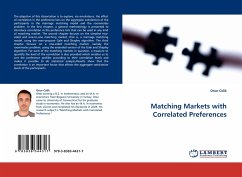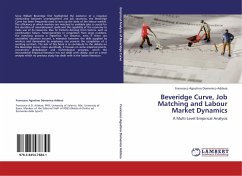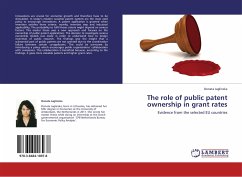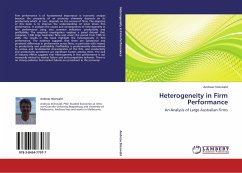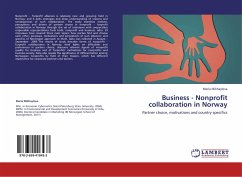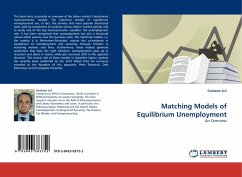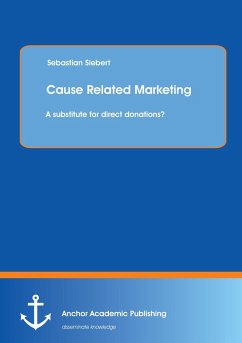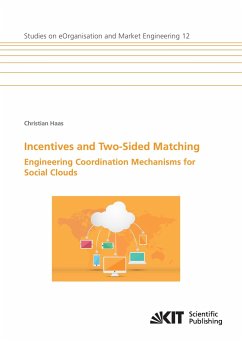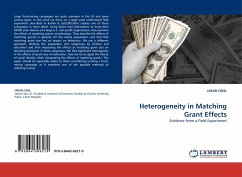
Heterogeneity in Matching Grant Effects
Evidence from a Field Experiment
Versandkostenfrei!
Versandfertig in 6-10 Tagen
32,99 €
inkl. MwSt.

PAYBACK Punkte
16 °P sammeln!
Large fund-raising campaigns are quite common in the US and serve various goals. In this work we focus on a large scale randomized field experiment described in Karlan & List(2007)that studies one of these campaigns in more detail. Using direct mail solicitations to more than 50000 prior donors of a large U.S. non-profit organization, they examine the effects of matching grants on behaviour. They describe the effects of matching grants in general, for the whole population, and find that matching grant size has no impact on behaviour. We use a different approach, dividing the population into su...
Large fund-raising campaigns are quite common in the US and serve various goals. In this work we focus on a large scale randomized field experiment described in Karlan & List(2007)that studies one of these campaigns in more detail. Using direct mail solicitations to more than 50000 prior donors of a large U.S. non-profit organization, they examine the effects of matching grants on behaviour. They describe the effects of matching grants in general, for the whole population, and find that matching grant size has no impact on behaviour. We use a different approach, dividing the population into subgroups by income and education and then measuring the effects of matching grant size on donating behaviour in these subgroups. We find significant heterogenity in the effects of grant size on behaviour. Also we try to apply the theory of social identity when interpreting the effects of matching grants. This paper should be especially useful to those considering running a fund-raising campaign as it examines one of the possible methods of soliciting money.



